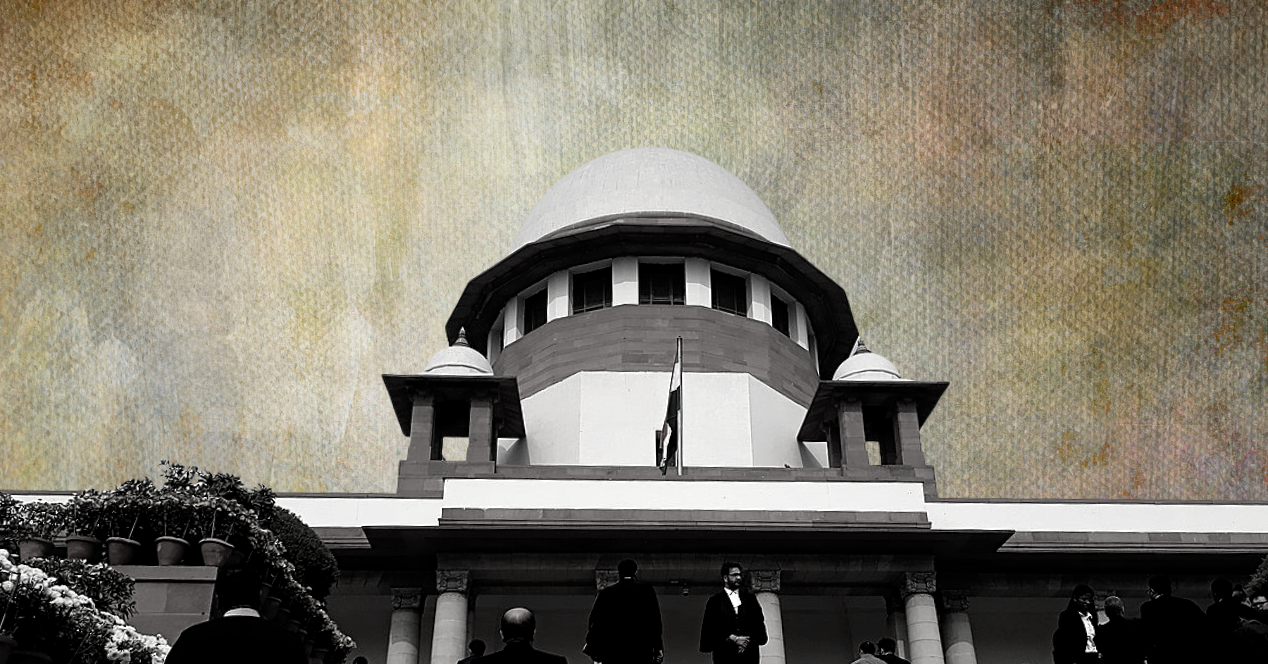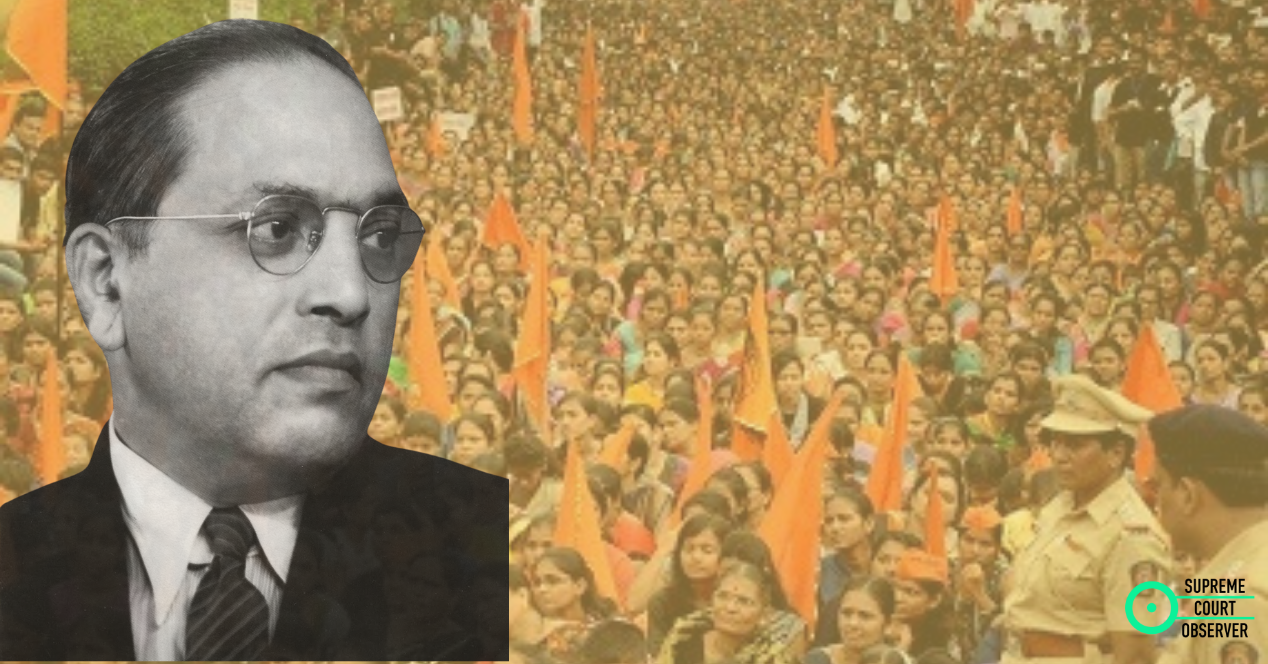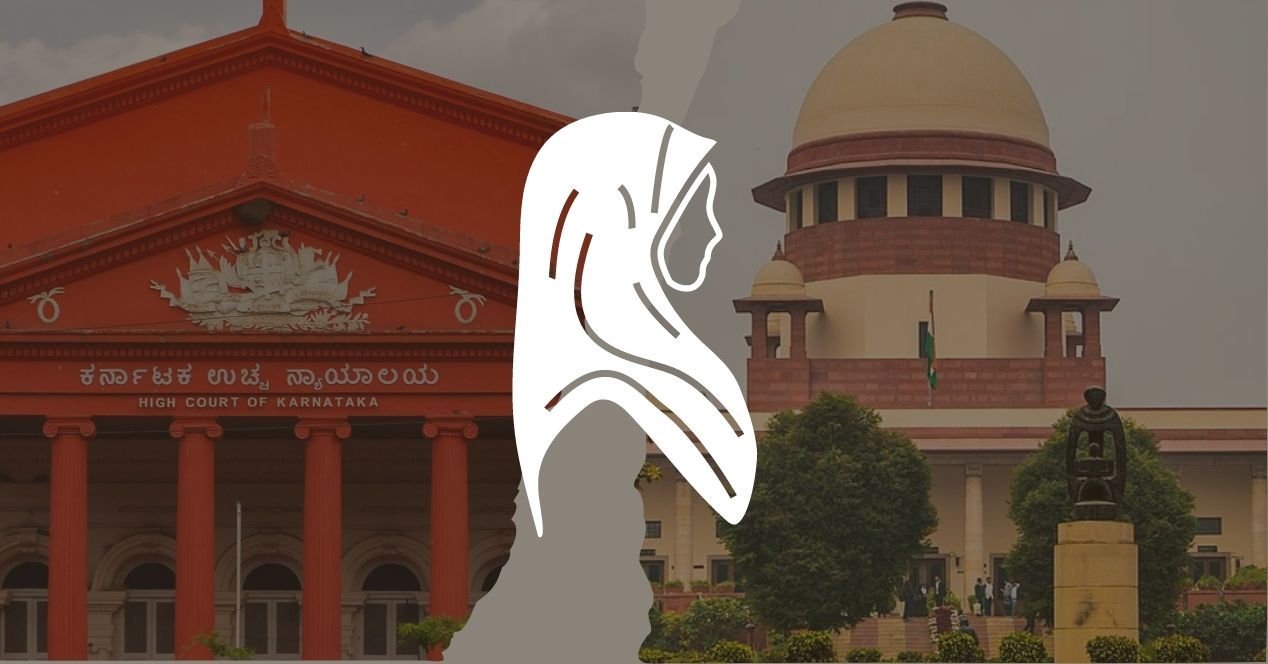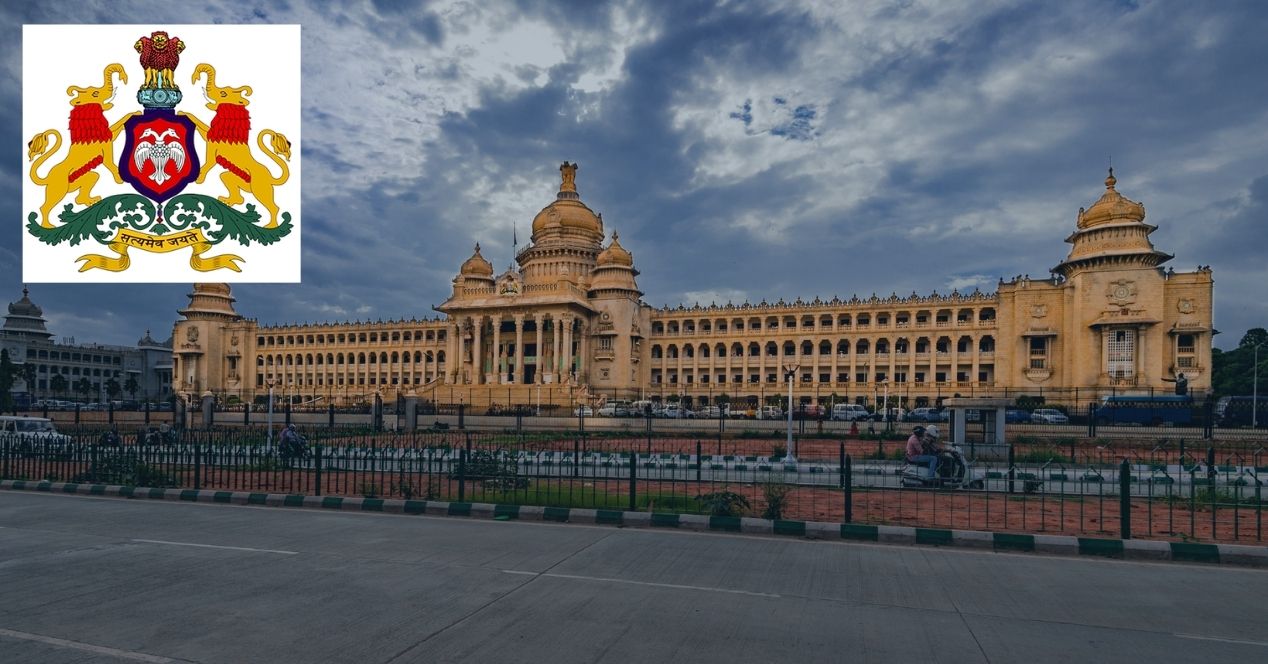Channel
SCO Daily: Union Begins Arguments in EWS Reservations and the Hijab Ban
Union argued that the Hijab Ban promoted equality. In the EWS Challenge, they argued that the 50% reservation limit applied only for SC/STs.
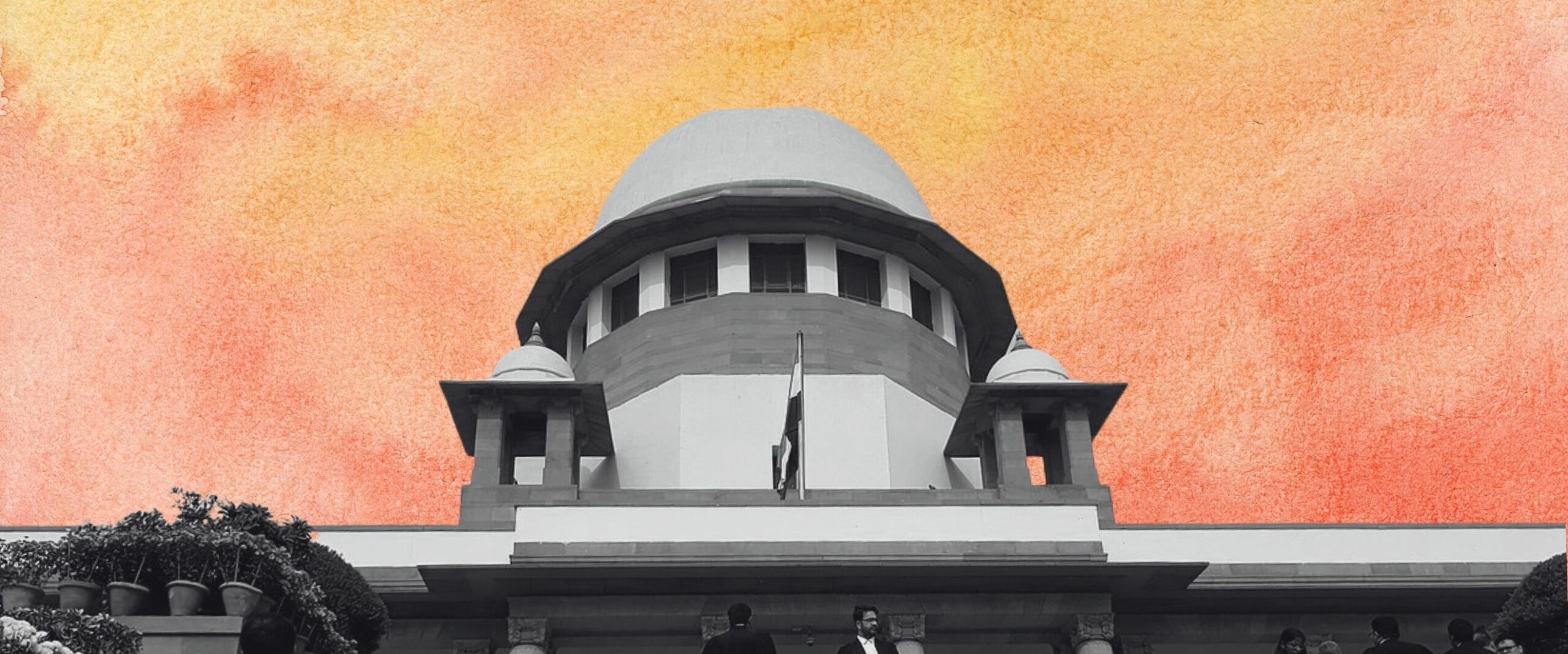
Transcript
The Hijab Ban hearings took a new turn today. Petitioners completed their arguments, and the Karnataka government began arguing why the Hijab Ban was lawful.
Solicitor General of India, Mr. Tushar Mehta began arguing in support of the Ban. He argued that Article 25 only protects practices that are critical for the existence of one’s faith. He said that the Muslim students fell short of proving such essentiality at the High Court. He then said that it is not enough that the Quran prescribes the Hijab. To show essentiality, the community must prove that the commandment is followed universally and without interruption since the beginning.
Interestingly, the Bench commented that the Karnataka High Court should not have considered the Essential Religious Practices doctrine to determine the case. Instead, they should have looked into whether the Karnataka Government had the power to regulate dress codes, and if the ban violated the right to equality and free speech. Although the Solicitor General agreed, the arguments of the day continued to focus on the essentiality of Hijab.
Attempting to recharacterise the Hijab ban, Mr. Mehta stated that the objective of the policy was to promote unity and equality. This is achieved through a uniform dress code among students. The Hijab breaks this sense of equality by making obvious the religious background of the wearer.
Attorney General for Karnataka, Mr. Navadgi tackled a question that the petitioners had raised—Did Article 25 protect all religious practices, or only those that are Essential to a religion? He explained that previous Supreme Court Judgments interpreting Art 25 clarify that only essential practices are protected. Providing absolute protection to all practices and facets of a religion would make governance impossible.
The Karnataka Government began making arguments in the challenge to reservations based on economic criteria as well. The Government’s lawyer, Attorney General K.K. Venugopal, argued that the 50% limit in reservations laid down in Indra Sawhney created two ‘compartments’. In one compartment, reservations are provided to SCs/STs and OBCs. The other compartment contains people from forward castes, non-Backward Classes, and the general category. The 50% limit is imposed on this first compartment. The 10% EWS Reservation is independent of this 50% cap. So, the basic structure of the Constitution is not violated.
Mr. Venugopal will continue his arguments on the 21st.
A fourth Constitution Bench was set up this week, led by Justice Sanjay Kishan Kaul. On Tuesday, the Bench scheduled the hearings in five cases. It will hear the Bohra community’s right to excommunicate on October 11th, 2022. On the same day, the Union government will reassess their petition claiming inadequacy of compensation given Bhopal Gas Tragedy victims, and it will give the SC an update on October 11th, 2022 . On November 1st 2022, It will consider whether retrospective application of immunity against arrest can be granted. This month, on the 27th, arguments on the validity of the All India Bar Examinations will begin. Finally, this Bench will begin to decide the extent of Supreme Court’s powers to directly hear cases from September 28th, 2022.
Lots to look forward to at the Supreme Court! Get your Supreme Court updates at scobserver.in.

